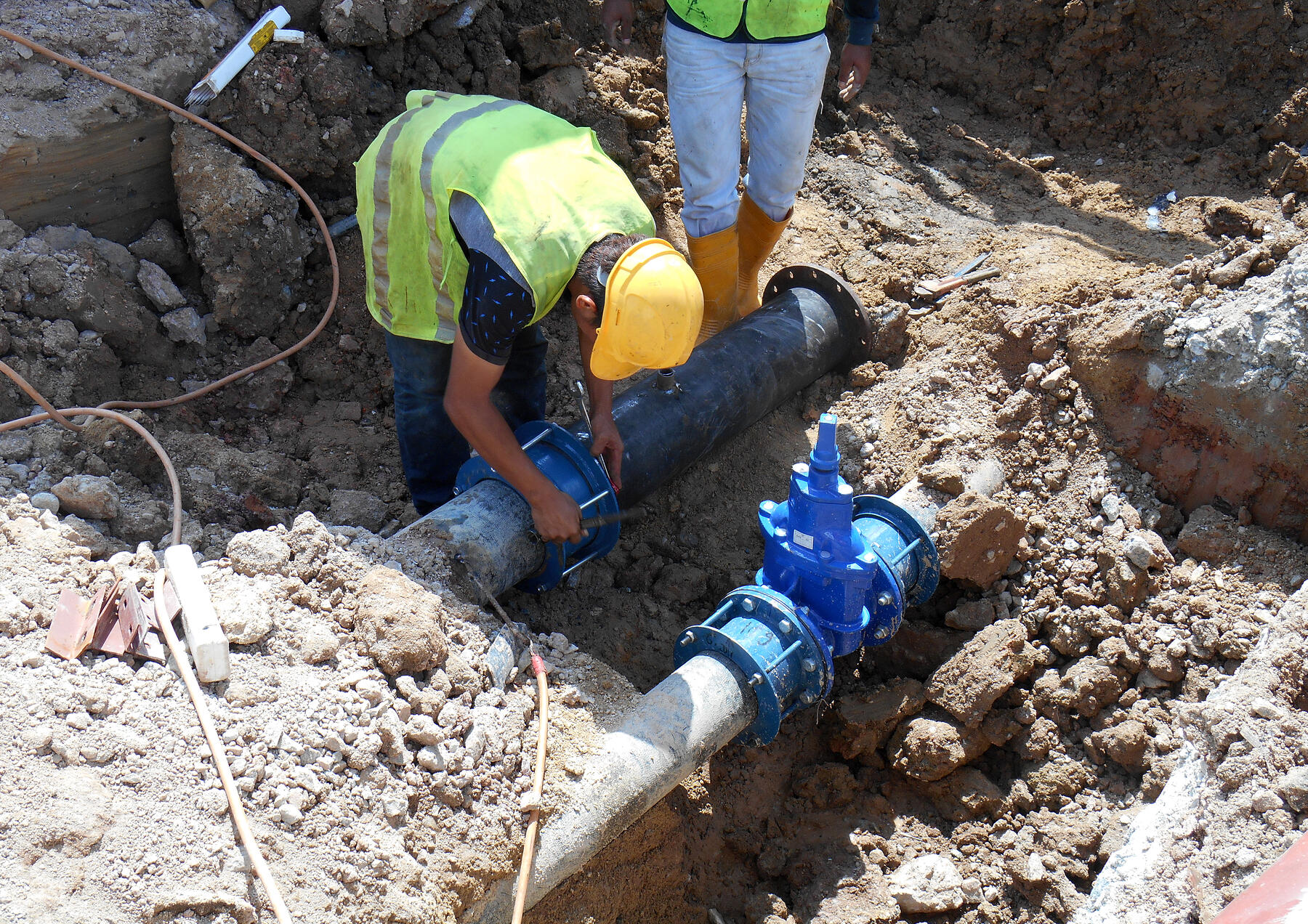Five Time Management Tips For Construction Projects

In some respects, construction managers are required to be the ultimate jugglers. Their remit includes overseeing budgets, deadlines, resources and stakeholder management (to name a few), which means they are often time-poor and constantly troubleshooting issues. Here we profile some important time management tips to help construction managers keep their project on schedule.
What are the benefits of time management in construction?
The benefits of effective time management in construction essentially boils down to maximising project profitability by avoiding (or minimising) cost-overruns and time delays. For all stakeholders, profitability relies on timely delivery of the project, using the quoted and agreed resource. Ultimately, the construction manager is responsible for the deployment of these resources to meet overall project objectives.
Why time management is important in projects
Time management is critical in construction projects. It is the key driver to meeting, or even beating, a deadline, which has clear flow-on effects to project profitability. Contracts signed prior to breaking ground clearly capture timing and cost parameters, which can be severely compromised if construction managers are ineffectual in managing their own time, as well as that of other contractors and trades.
How effective time management can keep a project’s costs down
Effective time management ensures that all resources required in the delivery of a project are deployed efficiently and sequentially through to completion. For example, delays in laying foundations affect the ability to start framing, which impacts the ability to start on roofing and the interior and so on. These trades will encounter a delay in completion, which means they are unable to start the next job in their pipeline until a later date. Cost-overruns are incurred as trades are either waiting on site or at home until they can begin and it can cause a nasty trickle-down effect. If the construction manager is an effective time manager, each trade understands when they are starting and finishing, they do not experience delays and a project is delivered on-time and on-budget.
Five time management tips for Construction Project Managers
Tip 1 – Actively review, manage and update the project schedule

A construction manager will live and die by a thorough project schedule. This is the central plan that assists them in:
- What site activities need to happen
- When they need to happen
- Who is responsible for delivering them
- The timeframe they need to be delivered within
The ripple effect that can be caused by not closely monitoring the project schedule can be significant, including substantial cost-overruns and deadline blowouts.
Tip 2 – Plan time for troubleshooting and prioritise

The nature of construction management means that a portion of your time will include putting out spot-fires that you did not (or could not) have planned for. From late or incorrect deliveries, to dealing with workplace accidents or conflict, it is important to afford yourself the flexibility to deal with issues when they arise. The magnitude of the issue will dictate the level of importance, so it is key to be able to prioritise the most important issues first.
Tip 3 – Keep meetings brief, regular and agenda-driven

Nobody likes a meeting for the sake of holding a meeting. The same can be said for meetings that happen too often and nothing productive comes from them. Your project meetings should consider the following:
- The required attendees (ie, representation from key parties)
- The desired outcomes (ie, the marching orders you wish to give or the inputs you wish to gain)
- The appropriate cadence (ie, how often the meetings are required to effectively keep stakeholders aligned)
Meetings should be used to make informed decisions to keep the project moving forward. Avoid letting agenda items carry across meetings as this can create project bottlenecks and result in delays.
Tip 4 – Be comfortable saying no and delegating

Just like a project can encounter “scope creep”, so too can a construction managers role. While demanding clients or contractors might be asking you for something over-and-above your job, it is pivotal to assess the importance of the task. If it is going to derail the delivery of an important milestone, or you can’t execute to the level they will expect, it is best to say no. Delegation is also vital in ensuring you stay focused on the bigger picture, while helping to develop employees around you. Make sure you give clear direction, expectations and offer guidance, while checking up on their progress.
Tip 5 – Take notes and don’t get distracted

A construction manager’s day is usually fluid and very busy. Being able to multi-task is essential, but don’t spread yourself too thin by trying to get everything done at once. Stay focused on the key tasks and ensure that you take notes during interactions so nothing gets forgotten. It is easy to become a slave to the inbox and focus on swift replies, but ensure that the north star of “on-time and on-budget” remain your key mandate.
How can effective time management keep a project’s costs down?
Effective time management ensures that all resources required in the delivery of a project are deployed efficiently and in order, through to the completion of a project.
Why is time management important in projects?
Time management is important as it ensures that project timelines are met, or even exceeded. This has a clear flow-on effect to project profitability, as final delivery is achieved in accordance to the initial timeframes and costs that were quoted in the planning phase.
What are the benefits of time management in construction?
The key benefit of effective time management in construction projects is the avoidance of cost-overruns and time delays. This results in a profitable result for both the client, construction firm and contractors and the likelihood of more profitable partnerships in the future.


